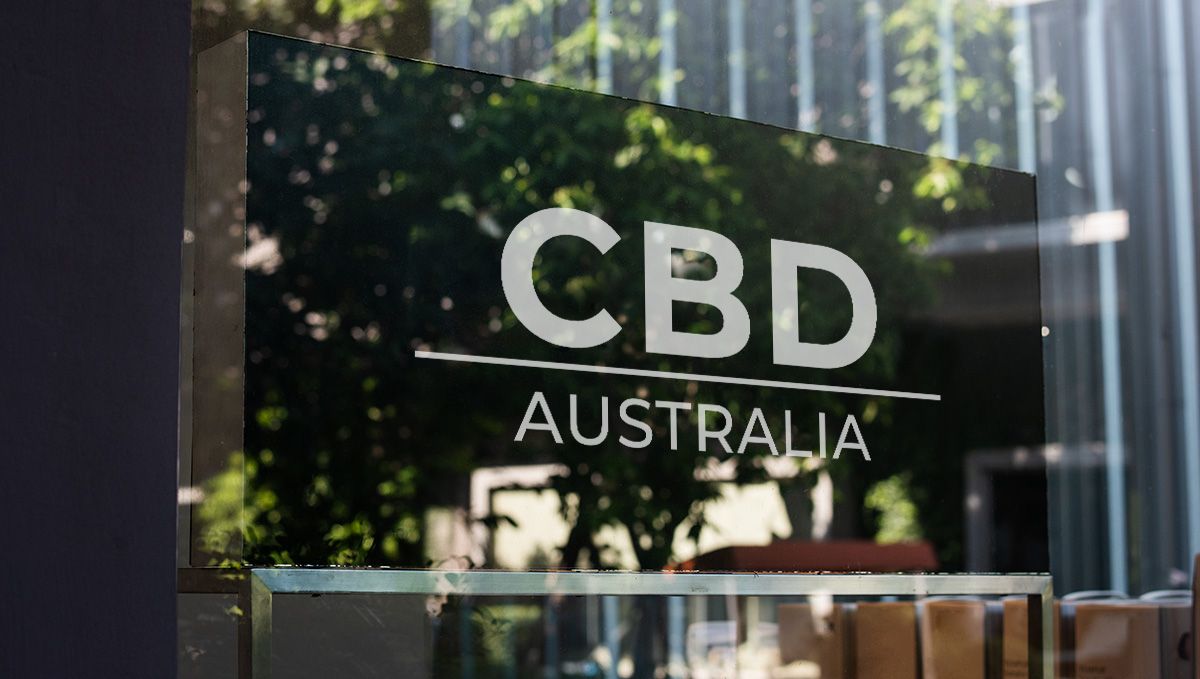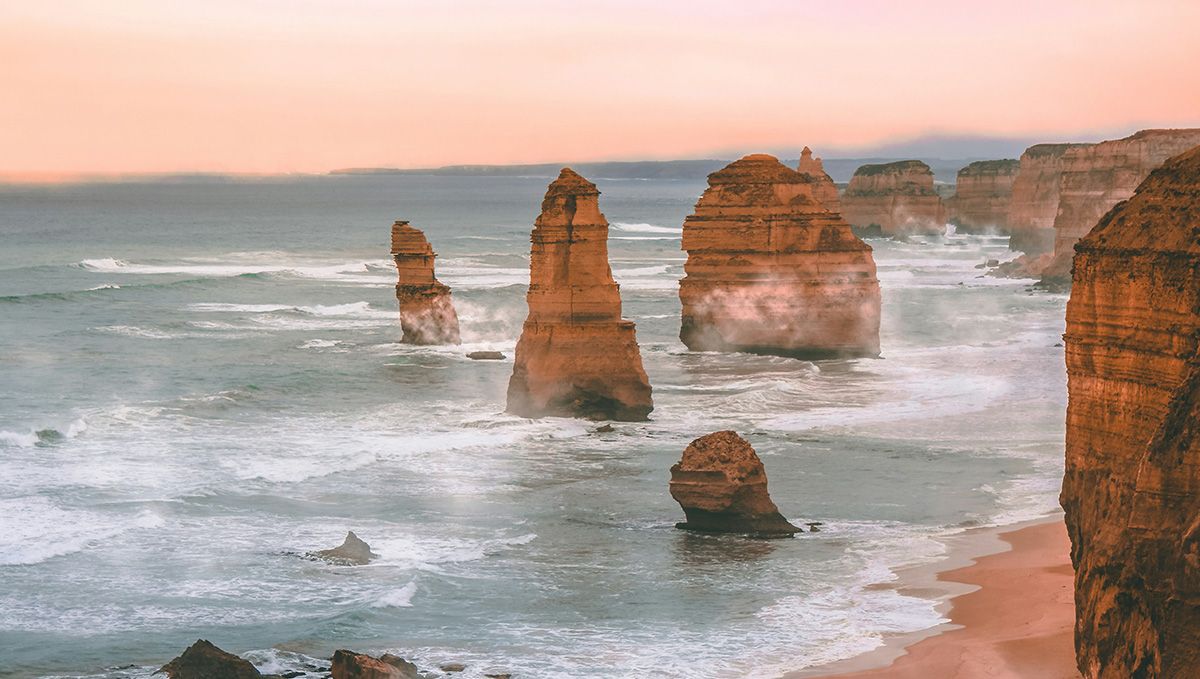Weed in Australia: Cannabis Legal Status Guide

- 1. Medical cannabis legalized federally
- 1. a. Is cbd legal in australia?
- 2. Recreational use and personal possession
- 3. Cannabis cultivation
- 3. a. Are cannabis seeds legal in australia?
- 4. Prospects of a laxer cannabis policy?
- 5. In conclusion
Australia is a country with one of the highest marijuana use rates in the world. Unfortunately, the laws regulating cannabis aren’t quite in keeping with the popularity of the substance among Australians, which creates tensions in the society and puts those living in the country or visiting it in danger of being prosecuted. Moreover, the cannabis laws are a patchwork of different and often conflicting regulations across all eight states and territories. Read our legal guide to all dos and don'ts of enjoying weed in Australia.
Medical Cannabis Legalized Federally
Australia has signed the United Nations convention on drugs that prohibits the recreational use of many psychoactive substances but allows countries to legalize their use in medical applications and for scientific purposes, and that includes cannabis. Until 2016, Australia didn’t exercise this right, but in February that year the country’s parliament passed an amendment to its drug laws to allow medical cannabis.
Medical cannabis in Australia remains a highly regulated sector. Only two cannabis-based pharmaceuticals – Sativex and Epidyolex – which are imported from Great Britain have been officially approved. However, the country’s Therapeutic Goods Administration (TGA) describes different pathways for patients to access ‘unapproved’ medicines. They include:
- oil, tinctures and other extracts,
- raw and dried cannabis flowers,
- hashish, natural and synthetic cannabinoids.
TGA doesn’t impose any restrictions on what medical conditions can be treated with cannabis. If your doctor is a specialist in the relevant field and recommends cannabis treatment, it should be enough, at least as far as federal regulations are concerned. However, the state/territory government may also have the say in the matter. TGA usually reviews the application and hopefully grants an approval within 2 business days.
| State/Territory | Who Can Prescribe It? | Local Government Approval |
|---|---|---|
| ACT | Any doctor | Required |
| New South Wales | Any doctor | Required |
| Northern Territory | Authorized doctors | No information |
| Queensland | Any doctor | Not required |
| South Australia | Any doctor | Not required for elderly patients and the terminally ill |
| Tasmania | Any doctor | Required |
| Victoria | Any doctor | Required |
| Western Australia | Any doctor | Required |
Although the medical cannabis industry in Australia is still in its infancy, it reported an impressive AU$250 million in sales in 2022 and is predicted to grow at a CAGR of 16.75% till 2028.
Is CBD Legal in Australia?
CBD oil in Australia is subject to the same regulations as medical marijuana in general. In practical terms, this means that if you want to use CBD oil, you need to get a prescription from your doctor. Remember that even hemp seed oil can be illegal in Australia if it contains trace amounts of THC or other cannabinoids and their levels exceed:
- 0.0075% for CBD,
- 0.005% for THC.

Recreational Use and Personal Possession
There is no overarching federal cannabis law in Australia that would trump the laws of individual states or territories. Each of the eight jurisdictions has its own set of rules in place. They differ in the amount of cannabis that one can have without facing jail time, in how police handle first offenders, and in what penalties they face.
Australian Capital Territory deserves a special mention, as personal possession and use has been technically legalized there. Since September 2019, it’s legal to have as much as 50 grams of dry buds on your person (or up to 150 grams of wet weight) but only for adults of 18 years or older. For a quantity exceeding legal limits, there’s a fine but no imprisonment.
The rest of the jurisdictions penalize possession of even small quantities with fines, but some offer diversion or warnings for first-time offenders. We have compiled the available information on small-scale cannabis possession in the table below.
| State/Territory | Status | Limit | Penalties |
|---|---|---|---|
| ACT | Legal for Adults | 50g dry / 150g wet | None (not an offense) |
| New South Wales | Decriminalized | 15g | None (first two offenses) |
| Northern Territory | Decriminalized | 50g at home | Max. AU$200 fine |
| Queensland | Decriminalized | 50g | None (first offense) |
| South Australia | Decriminalized | 100g | Max. AU$150 fine |
| Tasmania | Decriminalized | 50g | None (first three offenses) |
| Victoria | Decriminalized | 50g | None (first two offenses) |
| Western Australia | Decriminalized | 10g | None (first offense) |
Interestingly, Tasmania also criminalizes possession of smoking paraphernalia and in fact any devices related to preparation or inhalation of marijuana, with hefty fines of up to AU$7,950 for offenders. Northern Territory tolerates to a certain extent having a small amount marijuana at home, but having even one joint on your person outside your residence is a criminal offense punishable by imprisonment.
Cannabis Cultivation
With the exception of ACT, which tolerates small-scale cultivation, growing weed for your own personal enjoyment is a criminal offense and can get you in a lot of trouble.
Australian Capital Territory is the only jurisdiction that allows you to legally grow one or two cannabis plants, but even here some restrictions apply: you cannot use hydroponics or any other artificial enhancements. Basically, this leaves you only the option of outdoor cultivation, but the plants must be hidden from public view. With more than two plants growing in your garden, you face a fine but no criminal conviction.
In New South Wales, the anti-cultivation policy is much harsher. Growing even one plant can result in a maximum fine of AU$11,000 or can land you in prison for up to 2 years. And we strongly advise you against growing “indictable” quantities which can result in a prison sentence of up to 15-20 years. For commercial-scale cultivation, one faces life imprisonment.
In the Northern Territory, the penalty for one or two naturally-growing plants is just AU$200, but make sure you don’t tend to your little garden in front of a child or you risk life imprisonment. Growing 3-4 plants will incur a hefty fine or up to 2 years in jail, and more than 20 plants is a commercial quantity punishable with a life sentence.

In Victoria, the “trafficable” quantity is 10 plants, but it’s unclear what charges the offender might be facing. Neither do we have much information on law-enforcement practices in Queensland, where growing any number of plants is illegal and can result in up to 20 years in prison depending on the scale of cultivation, intention, and other circumstances.
Finally, in South Australia, it’s more or less safe to grow one plant (without hydroponics or other artificial techniques), as the only penalty would be a AU$150 fine if you get caught. Growing more plants (or even one under artificial lighting) is punishable by a fine of up to AU$2,000 and/or 2 years of incarceration, and with commercial quantities, the prison sentence can be as long as 25 years.
Are Cannabis Seeds Legal in Australia?
Cannabis seeds and similar genetic material, such as nursery stock or tissue cultures, can only be obtained in Australia by those businesses that have a license to grow medical cannabis. For individuals growing pot for personal use, even if it’s legalized, as in ACT, there’s no legal way to obtain cannabis seeds. In the Northern Territory, for example, the possession of up to 10 grams of seeds is treated the same way as the possession of the same quantity of hash – it’s a fineable offense. Having said that, many international seed shops deliver seeds to Australia.
Prospects of a Laxer Cannabis Policy?
In 2023, a Greens Party survey of 9000 Australians found massive support for cannabis legalization in the country. As many as 98% of respondents wanted to see weed legalized, and 57% said they were using cannabis recreationally.
Inspired by this broad support, the Greens leader David Shoebridge proposed a federal bill that would allow growing of up to 6 plants per household, possessing up to 50 grams of dry flowers, and freely sharing home-grown cannabis and its products, including seeds, if both the giver and receiver were 18 years or older.
The bill was referred to the Senate’s Legal and Constitutional Affairs Legislation Committee that should issue a report by the end of May 2024.
In Conclusion
The current cannabis laws in Australia give a ray of hope to medical patients who want to try a cannabis-based medicine for their conditions, as they have a legal opportunity to do so. For recreational users, despite the fact that their number is growing, the situation is less rosy. They still face considerable legal repercussions for enjoying their favorite vice and, except in the capital, don’t have a legal way of obtaining cannabis for personal enjoyment. Those who decide to grow their own supply of weed risk getting in a lot of trouble with the law if they aren’t careful enough to conceal their hobby.












Comments